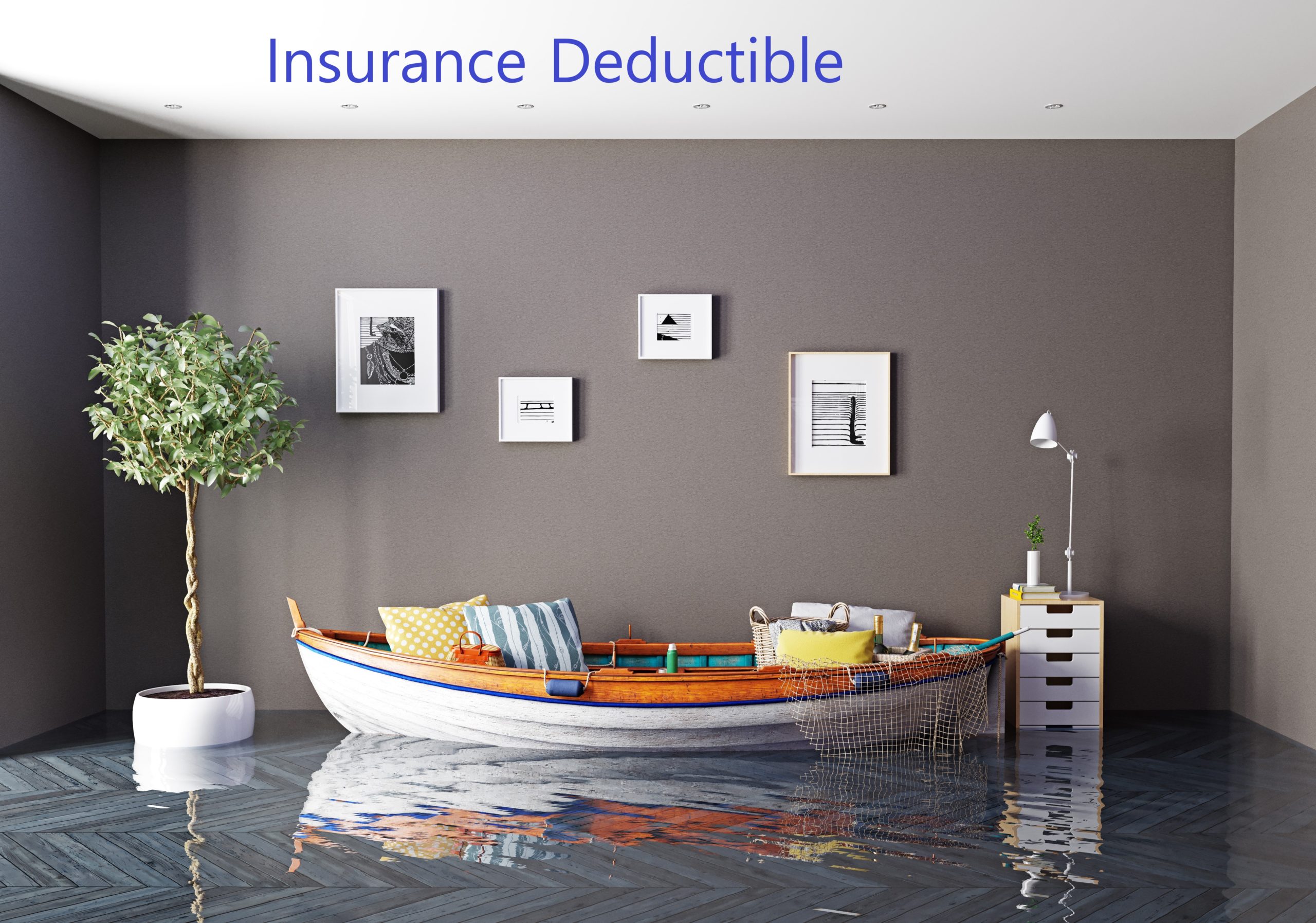The Maryland Legislative Action Committee won a great victory for condominiums throughout Maryland in 2020 with the passage of House Bill 108 and Senate Bill 175. Sponsored by Del. Dana Stein (D-Dist 11) and Sen. Chris West (R-Dist 42), these bills served to raise the maximum amount of the master insurance policy deductible that a unit owner may be held responsible for from $5,000 to $10,000, keeping pace with the increasing deductibles that condominiums are facing.
Background
Section 11-114(g)(2) of the Maryland Condominium Act. This section assigns statutory responsibility for the payment of the Condominium’s master insurance policy deductible based solely on location where the claim originated, without consideration of fault.
This law originally went into effect on June 1, 2009, as a result of years of costly litigation over responsibility for the insurance deductible. When a condominium master policy is triggered, there is a deductible amount that must be paid by the condominium itself before insurance pays the remainder. In 2009, that amount was often $5,000. So an insurance claim would be made, due to a broken pipe for example, and the carrier would adjust and pay the claim, minus the first $5,000. Prior to 2009, the condominium and the unit owner would argue and point fingers over whose fault the issue was, leading to fights, lawyers, questions of proof, and rising costs.
In order to reduce the cost and animosity this situation was creating and to set clear responsibilities, the legislature created what is today Section 11-114(g)(2) of the Maryland Condominium Act. This law essentially said that if an insurance deductible is triggered, it is paid by the owner of the unit where the cause of loss originated. If the loss originated in the common elements, the deductible was a common expense, to be paid by the Condominium. This law applied regardless of fault. While board members and managers on occasion may be frustrated by the apparent unfairness of a leak that seems to have been caused by owner conduct, a big picture view demonstrates that this apportionment of risk has saved condominiums and owners significantly in the last decade by reducing litigation and insurance costs surrounding the collection of the insurance deductible.
Rising Deductibles Mean Losses for the Condominium
The amount of the deductible that can be collected from an owner was limited by the statute to $5,000, regardless of any higher deductible that the Condominium may actually have owed. When the law first took effect in 2009, a $5,000 cap on the deductible amount was in line with the market at the time. However, in the years since, inflation, rising costs, and multiple claims on the same policy have led some condominiums to see their deductible amount rise to $10,000, or even above. Under Section 11-114(g)(2), any deductible amount over $5,000 became a common expense. This once again threw the apportionment of risk out of balance; now even if the owner of the unit where the damage originates is held responsible, the Condominium could still end up paying $5,000 or more on an insurance claim that originates from that owner’s unit.
The New Law
Thanks to the efforts of CAI’s Maryland Legislative Action Committee, Section 11-114(g)(2) was amended, effective October 1, 2020, to raise that cap on the deductible amount collectible to $10,000. Now if a claim originates in a unit and the Condominium has a $10,000 deductible, the owner of that unit is statutorily responsible for the entire $10,000. Additionally, the Condominium Act was previously silent on whose responsibility the deductible was for a claim that originated from outside both the units and the common elements; this new law makes it clear that in such a situation, the deductible is once again a common expense and not to be passed through to any Unit Owner.
The law still requires condominiums to put their unit owners on notice of this potential responsibility in order to make it collectible. Condominiums generally send this notice out with their annual updates – important to check to see if this is occurring in your community – however, in order to make this increased amount enforceable against unit owners, the board may need to adjust their notice to advise of the full $10,000 increased responsibility.
Neither the old law nor the recent amendment creates any independent obligation or authorizes the Condominium to collect amounts that would not otherwise be incurred. This law is only triggered in situations where the Condominium is obligated to pay an insurance deductible, and its cap is just that: a maximum amount that the Condominium may lawfully collect. However, if the Condominium has a lower deductible, it may not collect as amount greater than the deductible from the unit owner. Put simply, if the Condominium deductible is $2,000 or $4,000 or $6,000, then that is the maximum amount the Condominium may collect from the owner of the unit where the damage originated, this law notwithstanding.
What About HO-6 Policies?
The condominium master insurance policy generally provides for bringing the common elements and the units back to their condition prior to the casualty loss, exclusive of betterments and improvements. This is an important distinction to keep in mind; the condominium master policy only replaces the unit to the condition of the standard unit. If an owner has installed more expensive floors or furnishings, those are not replaced by the master policy. Unit owners may be required by the Bylaws to have in place condominium unit owner insurance policies, known as HO-6 policies. These policies typically cover the master policy deductible obligation discussed herein, which is another development that has decreased the frequency and cost of such disputes. If Section 11-114(g)(2) is triggered and the unit owner has HO-6 insurance, they typically need only notify their carrier, and the payment is made. Owners would be wise (and board may wish to encourage them) to reach out to their HO-6 carriers to confirm that they will be covered up to the new legal maximum.
Need to Know
The amendment to the statute that took effect on October 1, 2020, is a minor tweak to keep this law relevant and on point. While small, it is a critical update to keep pace with the rising costs of insurance. The law has a few key steps to comply with in order for condominiums to fully benefit from its enactment; boards should work closely with management, legal counsel, and their insurance agent to be certain they are well positioned to gain from this legislative leap forward.


